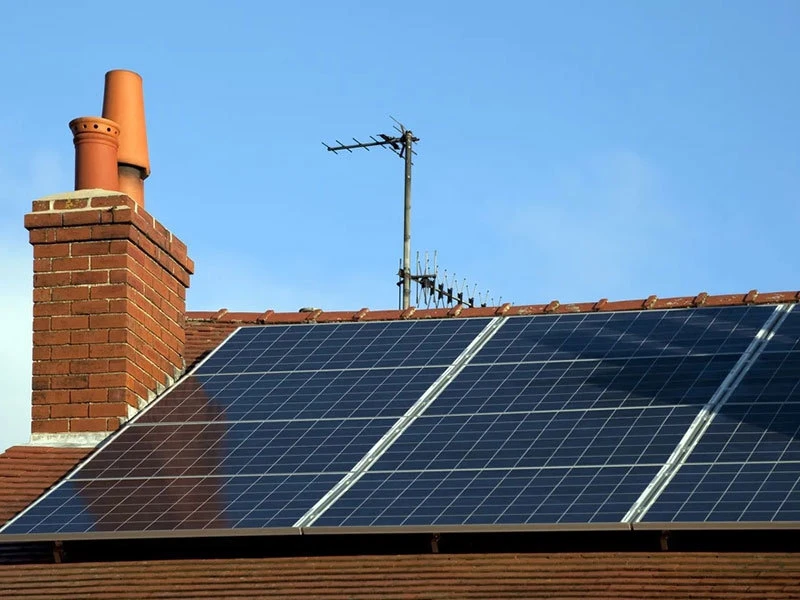micro inverter solar vs string inverter
Micro Inverter Solar vs. String Inverter A Comprehensive Comparison
The development of solar technology has led to a variety of inverter options, with micro inverters and string inverters being two of the most common choices for residential and commercial solar power systems. Each type has its distinct advantages and drawbacks, which can significantly influence the overall performance and efficiency of a solar installation. In this article, we delve into these differences to help potential solar users make educated decisions tailored to their specific needs.
Understanding the Basics
Before delving into the differences, it is crucial to understand what micro inverters and string inverters are.
Micro Inverters are small, individual devices typically mounted on each solar panel. They convert the direct current (DC) generated by the panel into alternating current (AC) for use in homes or businesses.
String Inverters, on the other hand, connect multiple solar panels in a series or “string.” The collective output from the panels is then converted from DC to AC through a centralized inverter.
Performance and Efficiency
One of the significant advantages of micro inverters is their ability to maximize energy production. Since each panel operates independently, the performance of one panel does not significantly affect the others. If one panel is shaded, dirty, or underperforming, the remaining panels can still perform at their optimum levels. This can lead to a significant increase in energy yield, especially in installations where shading might occur or panels face different orientations.
In contrast, string inverters have a more limited performance profile. If one panel in the string underperforms, it can cause the entire string's output to drop, a phenomenon known as the “Christmas light effect.” Consequently, homeowners with shaded roofs or uneven array configurations might see diminished returns from a string inverter setup.
Cost Considerations
micro inverter solar vs string inverter

When it comes to upfront costs, string inverters often come out ahead. They are generally cheaper to purchase and install compared to micro inverters. However, micro inverters can provide better long-term savings due to their higher energy production and lower maintenance costs.
Moreover, micro inverters typically come with longer warranties, reflecting their reliability
. This is an important consideration, as the longevity of the inverter can have a significant impact on overall system performance over the years.Installation Flexibility
Micro inverters offer considerable flexibility regarding installation. Since they are mounted directly on the panels, they require less invasive wiring and can be easily added to systems. This makes them an excellent choice for existing setups or when expanding capacity.
On the other hand, string inverters require all panels to be installed at once, as they are more complex to integrate into an already established system. This could be a limitation for homeowners who plan to expand their solar capacity gradually.
Monitoring and Technology
Modern micro inverters come equipped with advanced monitoring capabilities, allowing users to track the performance of each individual panel. This can be a significant advantage in optimizing performance and identifying issues quickly. String inverters may lack this level of granularity in monitoring, as they typically offer performance data for the entire string rather than individual panels.
Conclusion
Ultimately, the choice between micro inverters and string inverters will depend on various factors, including budget, installation circumstances, and long-term energy goals. Micro inverters are ideal for systems where shading is a concern or where individual panel performance is crucial. In contrast, string inverters may suit those looking for a lower upfront cost and a simpler installation process. Understanding each option's benefits and limitations can empower homeowners and businesses to make informed decisions about their solar investments.
-
Understanding the Advantages of Solar String Inverters for Your Energy SystemNewsApr.29,2025
-
Choosing the Right PV Inverter: A Comprehensive GuideNewsApr.29,2025
-
The Future of Solar Power: Exploring Bifacial Solar PanelsNewsApr.29,2025
-
The Complete Guide to Solar Panels: Efficiency, Cost, And InstallationNewsApr.29,2025
-
The Best Options for Efficiency and Cost-EffectivenessNewsApr.29,2025
-
Harnessing the Power of Off-Grid Solar Inverters for Energy IndependenceNewsApr.29,2025







